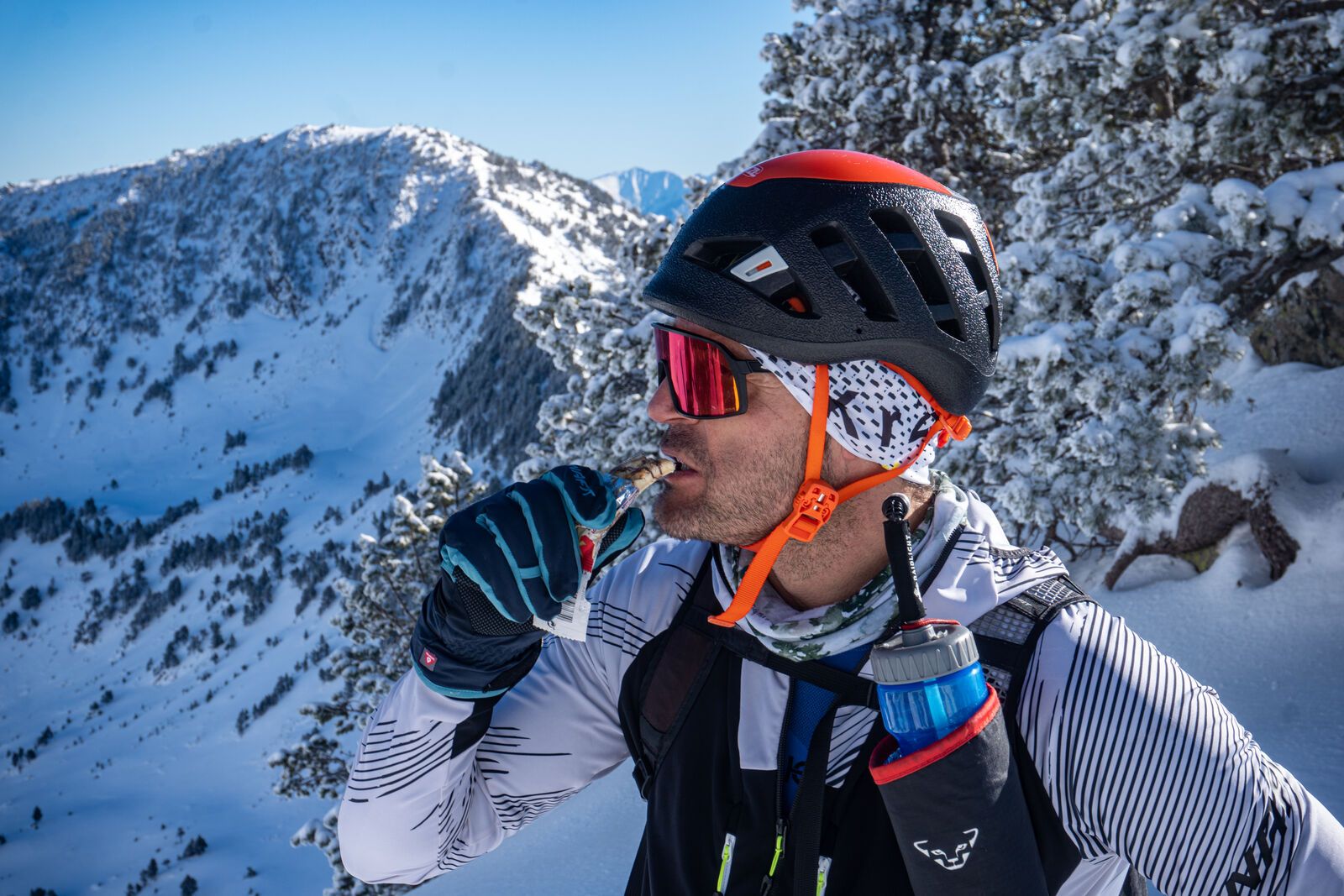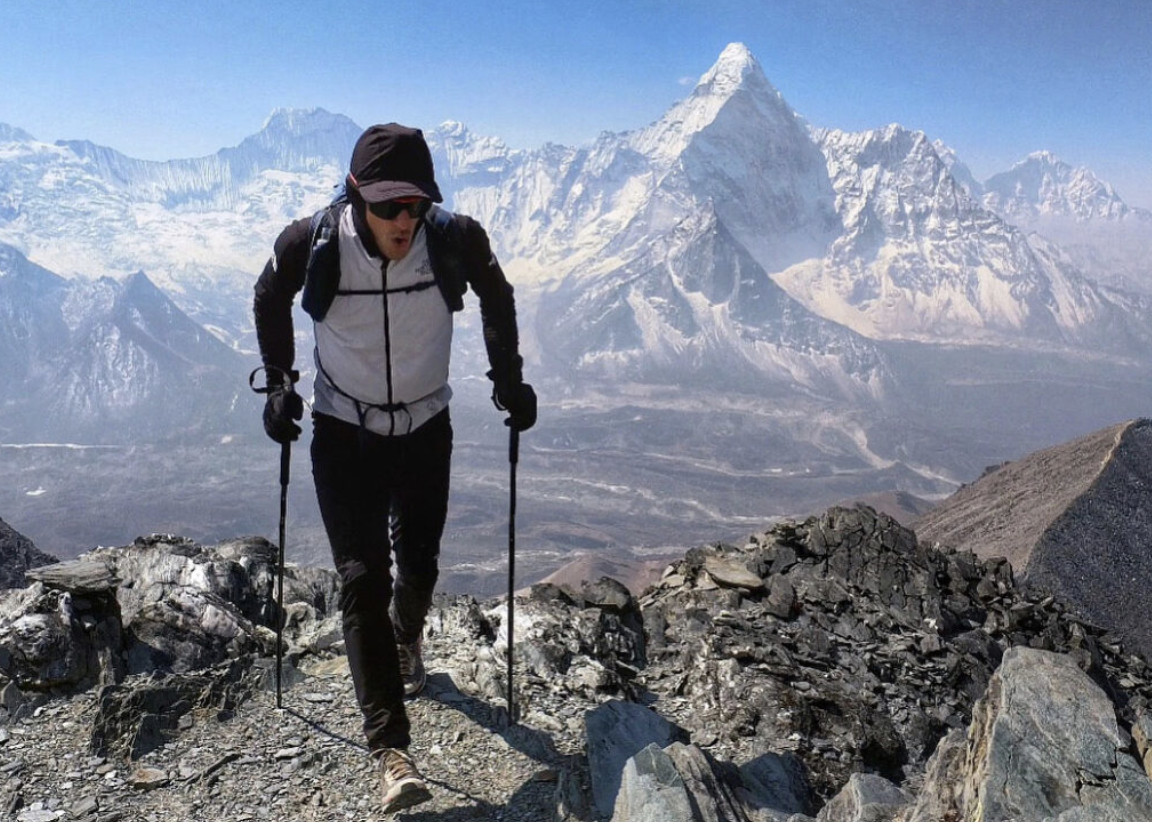This will loop in
@P Carter post below, but if retention of muscle is the goal, the best thing to do would be to not workout fasted. In fact, we call carbs "muscle-sparing nutrients" because they literally protect and preserve the muscle from getting utilized as fuel. Whey protein is
the fastest-digesting protein we know of, so it makes sense why you'd see better performance after one vs going at it fasted. In fact, we see similar blood sugar rises with a whey shake and white bread. That's not to condemn whey or praise white bread.
Great points made on #2!
We don't become less efficient with protein as we age. We do lose muscle at a fairly alarming rate (3-5% per decade after age 30). Adequate protein intake in conjunction with resistance training is the best way to retain muscle mass (in re: to
@HighDesertHunter post). In fact, the general consensus seems to be to start as early as possible and then spend the next 30-40 years holding on to as much as you possibly can. We also see that it's never too late to start If you don't have the luxury of a owning a DeLorean or knowing Christopher Lloyd.
The general thing we see in the literature with fasted training is this: you will improve the body's ability to burn fat when fasted, but it also becomes less efficient at utilizing carbohydrate for fuel. Which makes the typical approach of training fasted, but introducing carbs for competition such an irony amongst many "mountain athletes".
What we've found to work best is when mountain athletes train with carbs and slowly increase their capacity to handle MORE carbs in hard efforts. It doesn't just improve performance (it does), but it also spares the muscle to a higher degree...which makes sense since there is plenty of fuel to utilize instead of needing to tap into reserves. Try as hard as we might, the body will still use what's needed if there is insufficient fuel on board (i.e. muscle vs fat). Rate of burning fuel matters too. Fat
can work, but it's an extremely slow process that happens from break down to viable fuel source.
Great article and post
@P Carter .
@180ls1 nailed it: everyone should play with what works best for them. There's no one size...
There's alot of great conversions going on in the thread here. I love seeing so many folks looking at pieces like this and finding what works for them. We did an episode on fat burning and fasted cardio some time ago if you get curious to hear some other perspectives on it.






